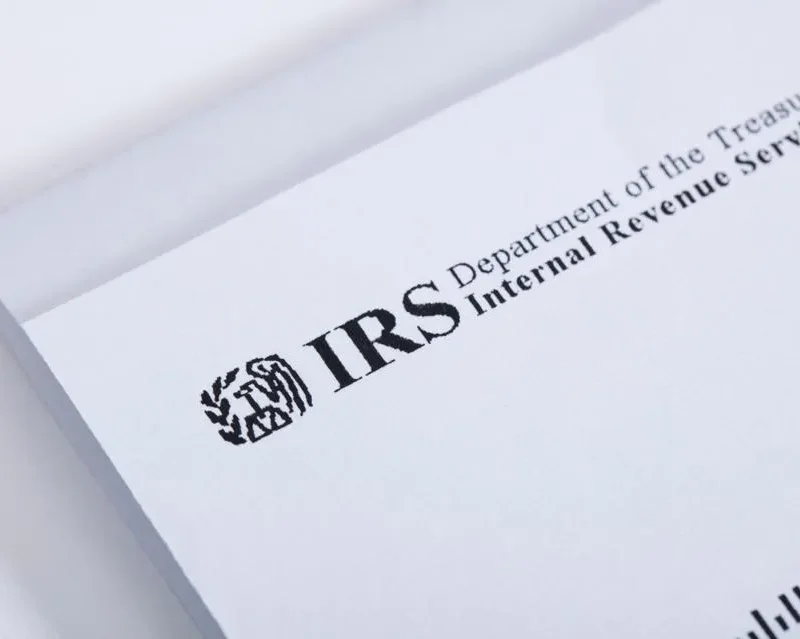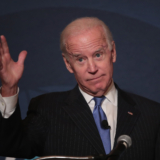IRS Takes Aim at Wealthy Taxpayers and Large Corporations with Audit Rate Increases
The Internal Revenue Service (IRS) is turning up the heat on wealthy taxpayers and large corporations, announcing plans to more than double its audit rate of individuals at the top of the income pyramid and nearly triple audit rates on corporations boasting assets exceeding $250 million. This bold move signals a clear shift in the agency’s focus, aiming to ensure the richest pay their fair share while bolstering the integrity of the tax system.
For years, the IRS has faced criticism for disproportionately targeting low- and middle-income individuals while leaving the wealthiest largely unscathed. This announcement marks a departure from that approach, with them now set to crack down on tax evasion and aggressive tax avoidance strategies employed by the ultra-rich and large corporations. The agency is looking to close the loopholes and eliminate the discrepancies that have long plagued the system.
It’s a refreshing pivot for the them, which has struggled with budget cuts and staffing shortages in recent years. This renewed focus on high-net-worth individuals and corporations is a step toward restoring public confidence in the tax system, proving that no one—no matter how affluent—is above the law.
The planned audit increase isn’t without its critics, however. Skeptics argue that the service should tread carefully to avoid unfair targeting or harassment of wealthy taxpayers and businesses that follow the rules. Nevertheless, the overarching goal of promoting tax equity and holding the wealthy accountable resonates with many who believe the tax code has for too long favored those with the means to navigate its complexities.
IRS Commissioner Charles Rettig has underscored the agency’s commitment to fairness, stating that the focus on auditing the wealthiest is not meant to be punitive, but rather to ensure compliance and preserve the integrity of the tax system. Rettig emphasized that the agency will use data-driven methods and robust analytics to select audit targets with precision, minimizing the risk of unwarranted scrutiny.
The plans could have significant ramifications beyond just the tax returns of the rich. By prioritizing audits of wealthy individuals and large corporations, the agency sends a clear message: tax evasion and avoidance will no longer be tolerated. This move could also influence how the wealthy approach tax planning, encouraging a shift away from aggressive strategies that often walk a fine line between legal tax minimization and outright evasion.
In an era of growing wealth disparity and calls for tax reform, this decision to step up audits of the rich and powerful is a decisive, albeit overdue, measure. It’s a moment that could set a new tone for the future of tax compliance and accountability in America, one that prioritizes fairness and integrity over favoritism and loopholes. The world is watching to see how this bold new chapter unfolds.





